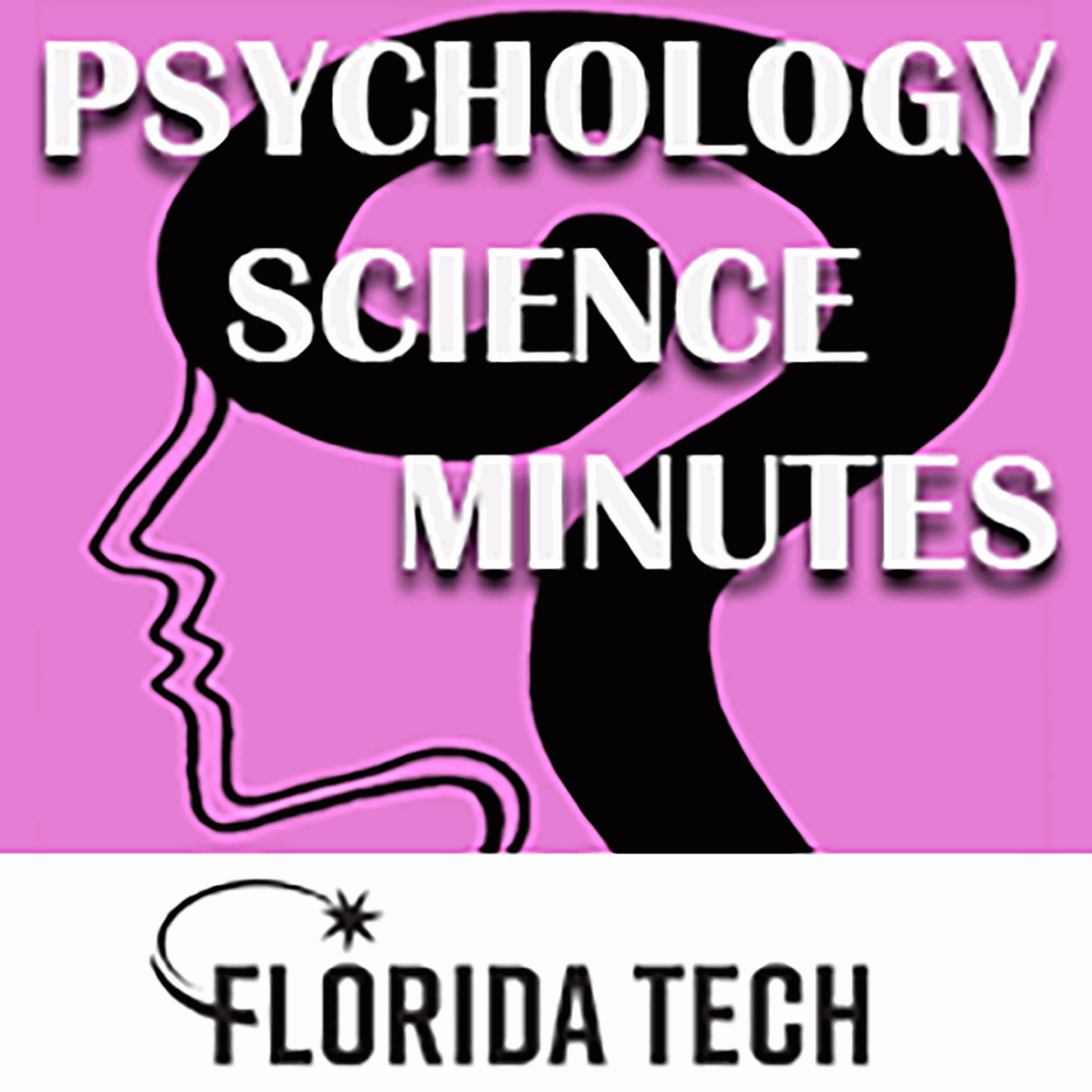#580 - Postpartum Depression

Reference: Gabriel, A. S., Ladge, J. J., Little, L. M., MacGowan, R. L., & Stillwell, E. E. (2023). Sensemaking through the storm: How postpartum depression shapes personal work–family narratives. Journal of Applied Psychology, 108(12), 1903–1923. https://doi.org/10.1037/apl0001125
Written by Jarret Bain B.S.


 Give to Florida Tech
Give to Florida Tech 